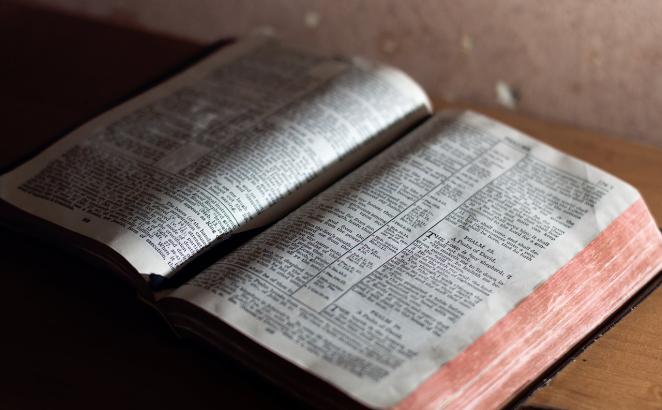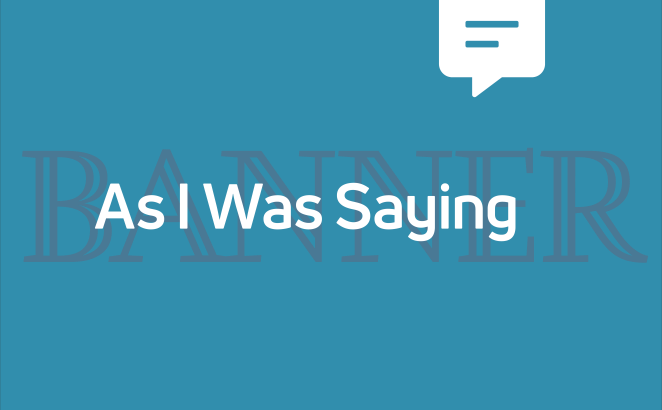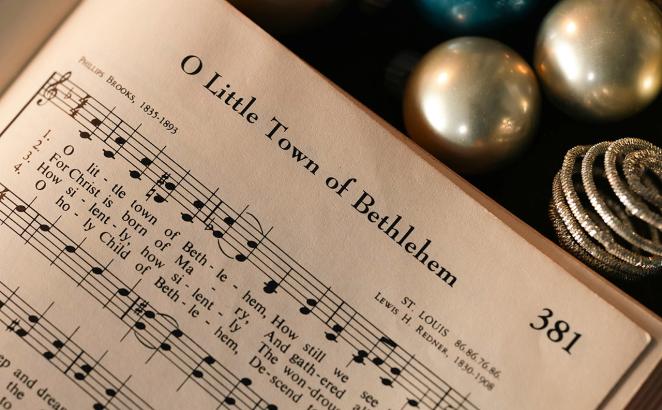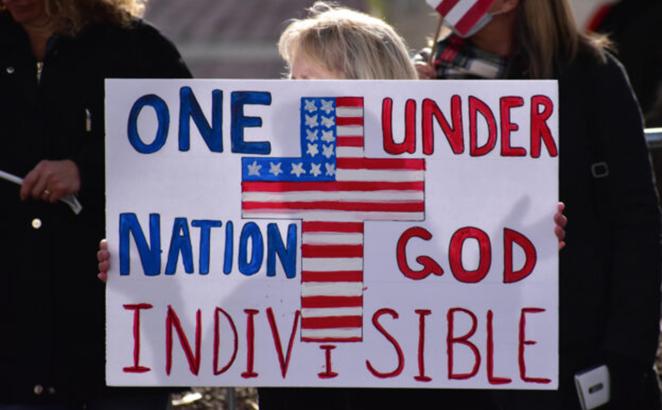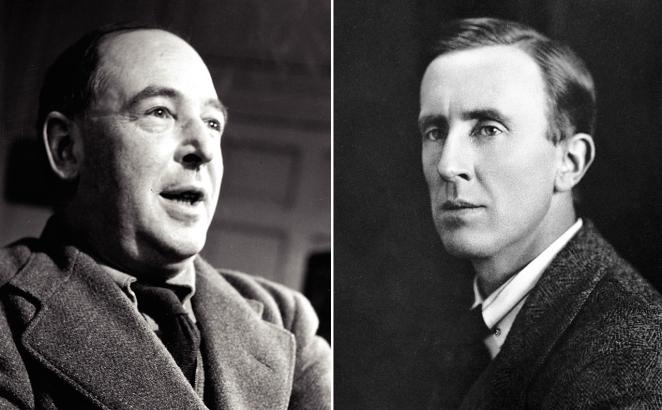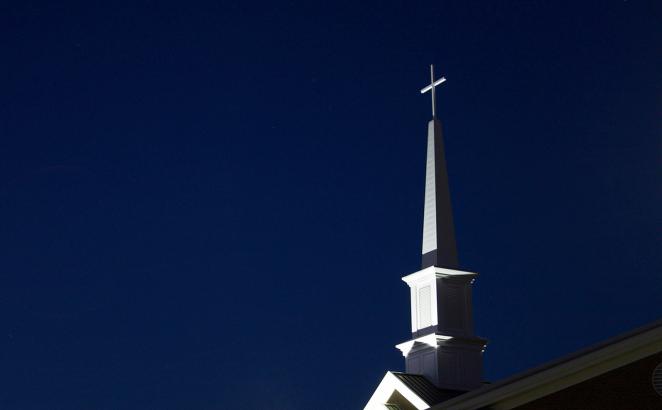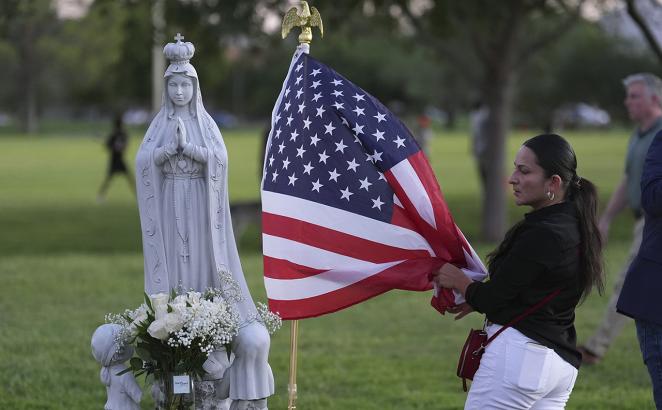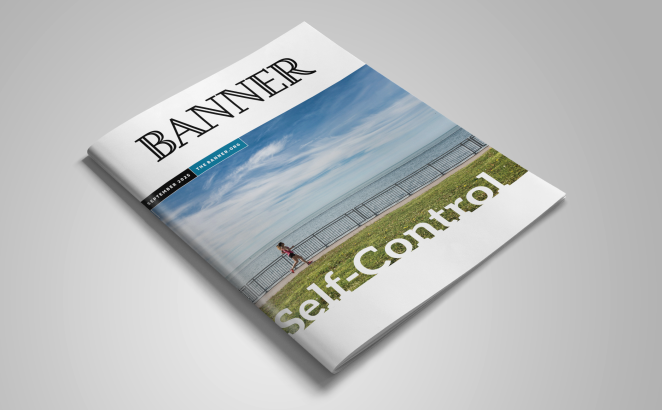As we walk with Psalm 23 through the valley of the shadow of death—the valley of Lent—we find its words are a rod to guide and a staff to comfort.
As I Was Saying
This is The Banner's online opinion column, from a variety of different writers, published Fridays.
- READ MORE
- READ MORE
The story was very well written—and yet, I kept circling back to the words “much like you and me.”
- READ MORE
An authentic person says, “This is who I am. Accept or reject me, but don’t expect me to change for you.” If this is what we mean, we are in for trouble.
- READ MORE
In the phrase “Dutch Christian Reformed,” Dad insisted the overwhelming focus had to be on “Christian.” That lesson confronts us today.
- READ MORE
As attractively merciful as this belief might sound, it does not fit with the biblical testimony or the universal church or the basic doctrines of God.
- READ MORE
One Sunday morning, a pastor steps up to his pulpit and—amid the swirling chaos of a country divided and mourning
- READ MORE
Mark Silk, a contributing editor to Religion News Service, describes a change in American public discourse over the last 40 years and a return of what he calls "classic Christian opposition to Judaism."
- READ MORE
How do you start again after all you threw yourself into crumbles before you, when everything you’ve worked for turns to ash?
- READ MORE
Art worth seeing or reading, in short, needs no qualifier. It stands and falls on excellence alone.
- READ MORE
There are two great stories that have shaped my life. The first is the story of Dutch Calvinism. The second is the story of World War II.
- READ MORE
We must find an intentional plan for practicing and living out our faith.
- October 24, 2025| |READ MORE
My experience tells me that supersizing is not the likeliest route to good health, physically or spiritually.
Let's Stop Pretending Human Beings Are Dead When They Are Clearly Alive
By Charles C. CamosyREAD MOREAnyone with a middle school understanding of biology knows that, if these cardiologists get their way, the human beings from whom we would be taking organs are not, in fact, dead.
- READ MORE
I’ve learned a lot being here, but it’s been a tense time to live in D.C.
- READ MORE
Justice is a critical concept for Christians because it is important to God. Yet the Bible has a way of shattering all our notions of justice.
- READ MORE
We have a choice: to surrender to outrage and conspiracy, or recommit to our first freedoms—a sacred democratic commitment to one another.
- READ MORE
The temptation to use AI as a friend, therapist, and even romantic partner has been widely reported. What about AI-powered introspection?
- READ MORE
How can we learn to control our appetites (which are natural and originally good, and yet bad when they’re out of control) so that we don’t end up defined and dominated by them?
- READ MORE
No country in the world has gone as far as Canada in enabling people to die if they want to.
- READ MORE
The help I once thought was readily and unreservedly available is not. And some of those I once thought were willing to provide whatever was necessary in order to preserve precious human life have proved not to be so willing.
- READ MORE
When people grumble about The Banner, I fear they have forgotten to read it correctly.
- READ MORE
Many of us live lives that feel exhaustingly fast paced, running constantly but never really feeling caught up. How might we deal with that?
- READ MORE
Especially toward guests, kèqì is an overwhelming, welcoming force.
- READ MORE
Isolation has crept in slowly—first through busyness, then through screens, and now through habits we don’t even question. It’s not just sad—it’s spiritually dangerous.

